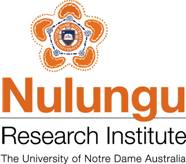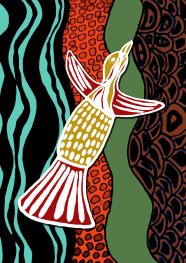Publication Details
Ryan, J.
(2021).
Hydropoetics: The rewor(l)ding of rivers.
River Research and Applications, Early View (Online First).
Abstract
Valued in utilitarian terms as channels for industry, agriculture, and urban development, rivers are among the most biodiverse yet degraded ecosystems globally. In addition to pragmatic conservation measures, the long-term wellbeing of rivers requires new perspectives on human–water relations that call attention to—and nurture—the cultural, social, and spiritual significance of riverscapes. Drawing from current thinking in the interdisciplinary environmental humanities, this article proposes the idea of hydropoetics as an outlook on rivers based on the ancient idea of poiesis. On a planet undergoing rapid environmental change, three features—embodiment, relationality, and multiscalarity—are important to a hydropoetics attuned to the urgencies of the present. Asserting the capacities of rivers themselves, this framework is developed in reference to contemporary poetry narrating human interdependencies with rivers, including poems by Indonesian, Papua New Guinean, Australian, and British writers. Rather than presuming to give voice to rivers, the framework developed in this article recognizes the inherent language of rivers and, in this way, presents a medium to hear their voice(s). Through the transformative capacity of language—new words, new worlds— hydropoetics inspires new visions of rivers inspiring openness to rivers as they exist as well as in their potential to emerge and transform.
Keywords
embodiment, human–river relations, hydropoetics, Indonesia, multiscalarity, poiesis, polyvocality, relationality





